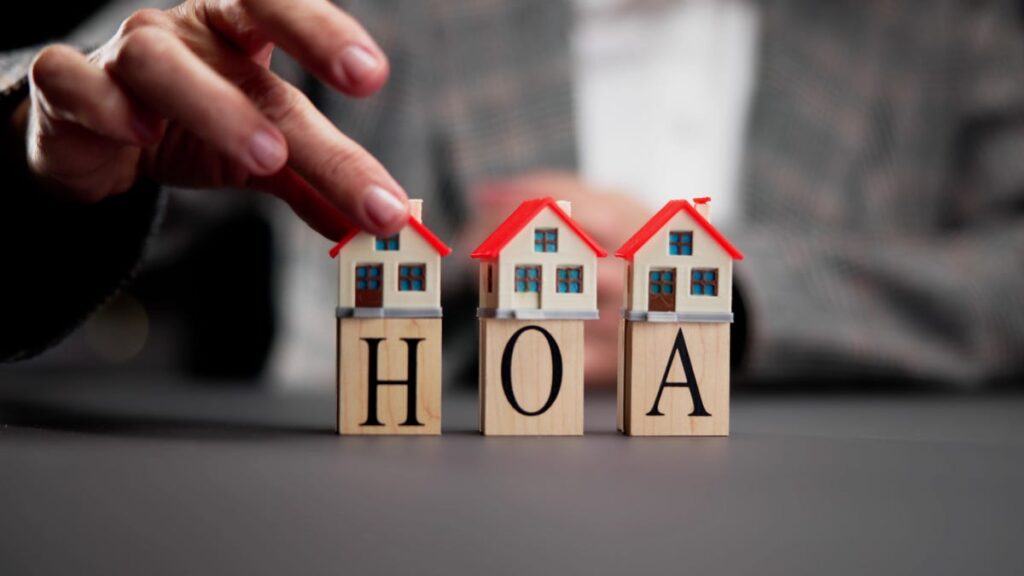Understanding Homeowners Associations: Legal Insights and Common Questions
Homeowners associations (HOAs) play a crucial role in managing community living, from overseeing projects to enforcing community rules. However, homeowners often have questions about the legalities surrounding their associations. Below, we explore some common dilemmas faced by homeowners regarding special assessments, speaking rights at meetings, and property views affected by landscaping decisions.
Special Assessments and Excess Funds
Can the Board Keep Excess Funds?
A common question among condo owners is whether the board can use leftover funds from a special assessment for future expenses instead of returning them to homeowners. According to Florida Statutes Section 718.116(10), any funds collected through a special assessment must be used for the originally specified purpose. However, the statute also states:
"Upon completion of such specific purpose or purposes, any excess funds will be considered common surplus, and may, at the discretion of the board, either be returned to the unit owners or applied as a credit toward future assessments."
This means that your condo board has the legal authority to retain the surplus and apply it as a credit for future assessments. Therefore, if you notice an excess after a project, you may not always receive a refund.
Speaking Rights at Board Meetings
Can Homeowners Speak on Each Agenda Item?
A frequent concern among HOA members is whether they can express their views on each agenda item during board meetings. If your board has imposed a rule limiting total speaking time for all agenda items to three minutes, it may be against the law.
Florida Statutes Section 720.303(2)(b) ensures that members can attend meetings and provide input on agenda items. Additionally, Section 720.306(6) stipulates that members should be allowed a minimum of three minutes to speak on each agenda item.
“Restricting members to a cumulative three minutes is not only unreasonable but may also be illegal.”
Homeowners should advocate for their right to speak on individual agenda items for a reasonable duration.
Issues with Landscaping and Property Views
What If Trees Block Your Ocean View?
If you find that trees planted by your condo board are obstructing your view, impacting your property value, you’re not alone. The Florida Division of Condominiums gives boards broad discretion regarding landscaping, making it unlikely that complaints alone will resolve your issue.
It’s essential to understand that, under Florida law, property owners typically do not have a legal claim to an unobstructed view. However, you could consider the following actions:
-
Review Governing Documents: Check your condo documents to see if there are any clauses regarding landscaping that may protect your view.
-
Run for the Board: If you are passionate about this issue, consider running for a board position to advocate for changes.
-
Amend the Declaration: Propose an amendment requiring the removal of the trees, although this may face challenges during voting.
- Offer to Pay for Removal: Sometimes, offering to cover the costs of removing the trees can sway the board in your favor.
Final Thoughts
Homeowners associations can be both helpful and challenging, depending on the board’s decisions and actions. Whether facing questions about special assessments, speaking rights, or landscaping issues, understanding your legal rights and responsibilities is crucial. Always consult with legal professionals if you have particular concerns impacting your home.
For further reading on homeowners associations and legal matters, check these resources:
This article is meant for educational purposes only and does not constitute legal advice. Homeowners are encouraged to seek professional guidance tailored to their specific situations.


